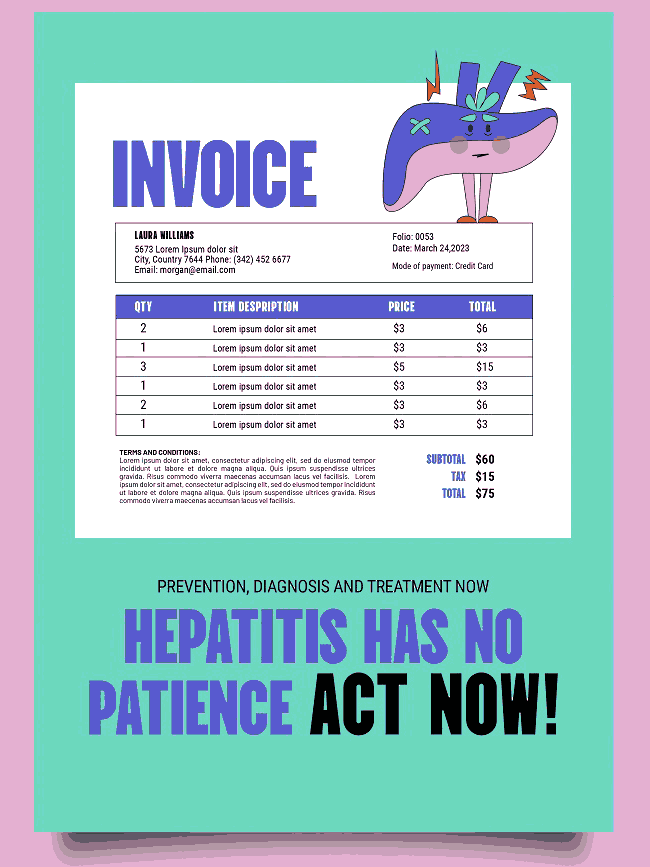For a long time it has been standard practice to recommend anyone living with hepatitis C to get vaccinated against hepatitis B, as the two viruses together can put more strain on somebody’s health, and their liver in particular. In some good news, however, recent research indicates that having had a hepatitis B infection in the past does not increase the risk of liver cancer for someone who has then been infected with hepatitis C. The research looked only at people who had then gone on to be cured of hepatitis C.
A study led by Hidenori Toyoda and published recently in the Journal of Viral Hepatitis defined patients as cured of hepatitis C in the usual way, with a sustained virological response (SVR) test showing no virus in the blood 12 weeks or more after completing treatment.
They looked at people who had achieved SVR between 1990 and 2017, meaning they included those who had been treated using both combination therapy and the more modern (and more effective) direct-acting antivirals.
By examining stored blood samples, they were able to find more than 1200 patients who, before commencing HCV treatment, had clinically significant levels of hepatitis B core or surface antibodies, indicating previous hepatitis B infection.
The cancer rate was no worse than for those who had never been exposed to hepatitis B in the first place.
Despite previous research suggesting that prior HBV infection made hepatocarcinogenesis more likely in people living with hepatitis C, even after being cured, this study found no such thing. In fact, only 57 patients—less than five per cent of those in the study—developed liver cancer after being cured of their hepatitis C. And in those few who did develop liver cancer, there was no correlation with the extent of their old hepatitis B infection. The cancer rate was no worse than for those who had never been exposed to hepatitis B in the first place.
The factors that did seem to have an effect on the chance of developing liver cancer were things like age, sex, and the degree of liver fibrosis a person was suffering. The biggest risk, though, was leaving hepatitis C untreated, which is of course also often associated with someone never getting tested for hepatitis C in the first place.
This research demonstrates yet again the importance of widespread testing and treatment for hepatitis C. Not only will this help us to eliminate the virus, but it means that those who have had to live with it in the past can look forward to much healthier futures.

Last updated 16 May 2024
More from:
Enjoyed this article? Subscribe to be notified whenever we publish new stories.
Subscribe for Updates









